
Meghan Rosen is a senior writer who reports on the life sciences for Science News. She earned a Ph.D. in biochemistry and molecular biology with an emphasis in biotechnology from the University of California, Davis. Her dissertation work involved studying mutated proteins in liver and kidney cancer. She later graduated from the science communication program at UC Santa Cruz. Prior to joining Science News in 2022, she was a media relations manager at the Howard Hughes Medical Institute. Her work has appeared in Wired, Science, and The Washington Post, among other outlets. Once for McSweeney’s, she wrote about her kids’ habit of handing her trash, a story that still makes her (and them) laugh.

Trustworthy journalism comes at a price.
Scientists and journalists share a core belief in questioning, observing and verifying to reach the truth. Science News reports on crucial research and discovery across science disciplines. We need your financial support to make it happen – every contribution makes a difference.
All Stories by Meghan Rosen
-
 Humans
HumansNapoleon’s retreating army may have been plagued by these microbes
DNA from Napoleonic soldiers’ teeth uncovered two fever-causing bacteria that may have worsened the army’s fatal retreat from Russia.
-
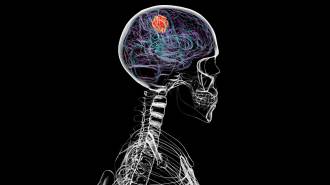 Humans
HumansBrain cancer can dissolve parts of the skull
Glioblastoma doesn't just affect the brain. It also erodes bones in the skull and changes the composition of immune cells in skull marrow.
-
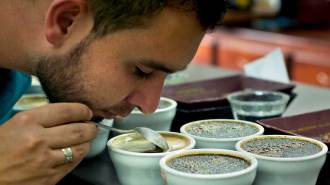 Health & Medicine
Health & MedicineCOVID-related smell loss may last years
Using a scratch-and-sniff test, researchers discovered that smell loss after COVID-19 may linger for more than two years.
-
 Chemistry
ChemistryChemistry that works like Hermione’s magic handbag wins a 2025 chemistry Nobel
Richard Robson, Susumu Kitagawa and Omar Yaghi developed metal-organic frameworks, structures that can collect water from air, capture CO₂ and more.
-
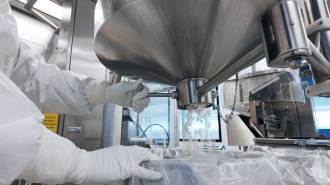 Health & Medicine
Health & MedicineNew oral GLP-1 drugs could offer more options for weight loss
GLP-1 injections use needles and require refrigeration. Pills that work in a similar way could be a cheaper, simpler solution.
-
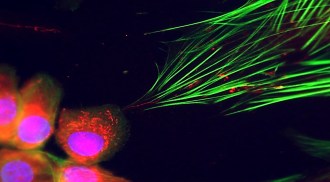 Health & Medicine
Health & MedicineCancer uses mitochondria to reprogram neighboring cells
Cancer cells transfer mitochondria through nanotubes to healthy neighboring cells, turning them into tumor-supporting accomplices, a new study shows.
-
 Animals
AnimalsThis ‘ghost shark’ has teeth on its forehead
Spotted ratfish, or “ghost sharks,” have forehead teeth that help them grasp onto mates. It’s the first time teeth have been found outside of a mouth.
-
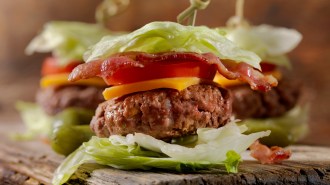 Humans
HumansStaying on the keto diet long term could carry health risks
Months on a high-fat keto diet put mice at risk for cardiovascular disease and impaired insulin secretion.
-
 Health & Medicine
Health & MedicineCancer patients froze reproductive tissue as kids. Now they’re coming back for it
Saving reproductive tissue from kids treated for cancer before adolescence could give them a chance at having biological children later in life.
-
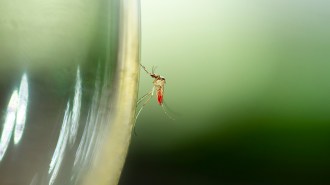 Humans
HumansWant to avoid mosquito bites? Step away from the beer
A Dutch music festival turned into a mosquito lab, revealing how beer, weed, sleep and sunscreen affect your bite appeal.
-
 Health & Medicine
Health & MedicineDrugs like Ozempic might lower cancer risk
GLP-1 medications like Ozempic, Wegovy and Mounjaro might lower people’s risk of developing certain cancers, especially ones linked to obesity.
- Animals
Here’s how fruit flies’ giant sperm squeeze into tight spaces
Researchers found that fruit fly sperm push against one another and align in orderly bundles, preventing knots that could block reproduction.